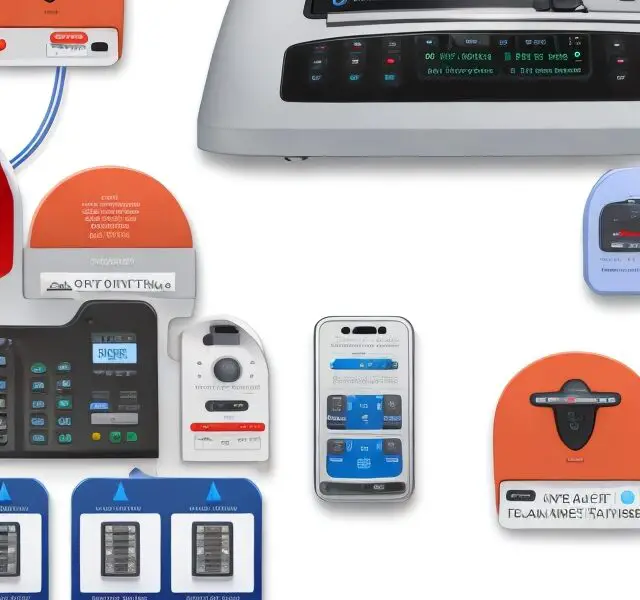Answer 1: IVR (Interactive Voice Response) telecommunications is an automated telephony system that interacts with callers, gathers information, and routes calls to appropriate destinations. It uses pre-recorded voice prompts and touch-tone keypad responses to facilitate communication between callers and the system.
Question 2: How does IVR improve call routing and efficiency?
Answer 2: IVR systems improve call routing and efficiency by using voice prompts and keypad responses to route calls to the relevant department or agent. This ensures that callers are connected to the appropriate resource quickly and efficiently, reducing wait times and enhancing overall customer satisfaction.
Question 3: How does IVR personalize the customer experience?
Answer 3: IVR systems can be customized to greet callers by name or account number, providing a personalized experience. By leveraging customer data, IVR systems create a more tailored interaction, making customers feel valued and acknowledged.
Question 4: What are the benefits of 24/7 availability provided by IVR systems?
Answer 4: IVR systems are available round the clock, enabling customers to access services and information outside regular business hours. This extended availability enhances customer convenience and satisfaction by allowing them to interact with the business at their preferred time, leading to improved customer experiences.
Question 5: How do IVR systems enable automated self-service?
Answer 5: IVR systems empower customers to access information and perform routine tasks independently. Through voice prompts and keypad responses, customers can make balance inquiries, update account information, process payments, and track orders without the need for agent intervention. This saves time for both customers and businesses, leading to faster transactions and reduced call volumes.
Question 6: How do IVR systems integrate with other systems?
Answer 6: IVR systems can integrate with customer relationship management (CRM) software, databases, and other backend systems. This integration allows IVR systems to access real-time customer information, call history, and provide personalized recommendations. By leveraging data from various systems, IVR systems enhance customer experiences by offering relevant and customized support.
Question 7: What insights can be gained from the call analytics provided by IVR systems?
Answer 7: IVR systems capture and analyze data on call volumes, call durations, frequently asked questions, and customer interactions. Call analytics help businesses identify trends, optimize call flows, and improve customer service. By analyzing this data, businesses can make informed decisions to enhance their IVR system’s performance and overall customer experience.
Question 8: How do IVR systems provide multilingual and multichannel support?
Answer 8: IVR systems support multiple languages, allowing businesses to cater to diverse customer bases. Customers can select their preferred language from the IVR menu, ensuring seamless communication. Additionally, IVR systems can integrate with various communication channels such as phone calls, SMS, email, and chatbots, providing customers with flexible options to interact with businesses based on their preferences.
Note: The above questions and answers are provided as examples and can be further expanded or customized to suit the specific needs and context of the article.


